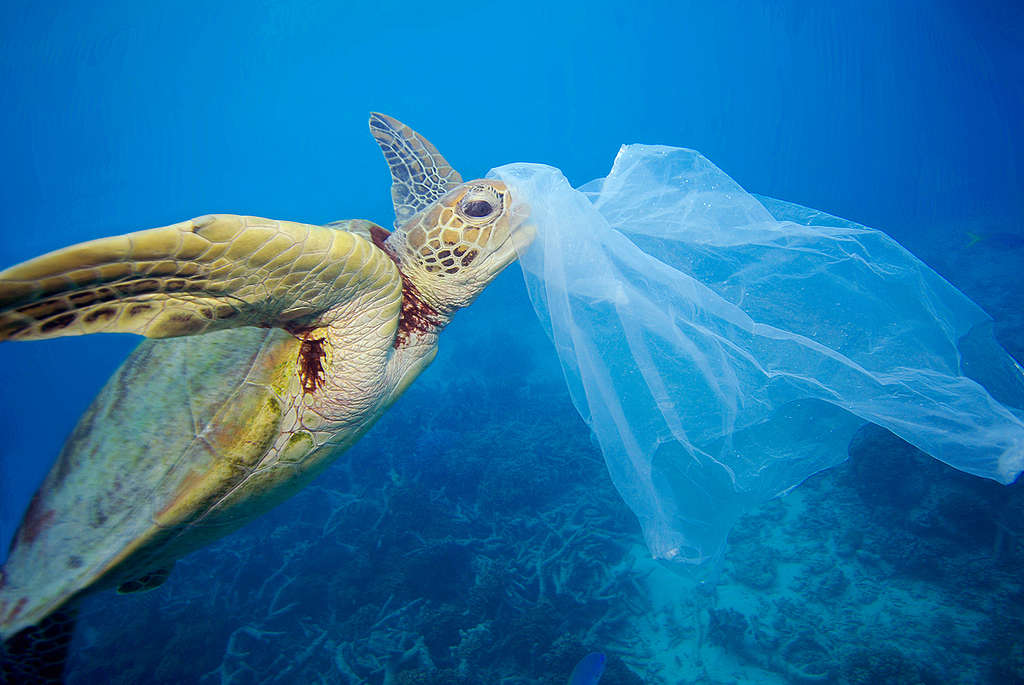There are around 1,770,111 million Filipino fisherfolk in the country, of which 39.2% or roughly around 690,343 are below poverty threshold. [1]In the last 5 years, municipal capture fisheries production is in decline, from 1.37 million metric tons in 2010 to 1.21 million metric tons in 2015.
The decline in production and the resulting decrease in income from fishing can be attributed to a number of factors such as heavy exploitation of the country’s fishing grounds, illegal, unreported and unregulated fishing, deadly impacts of climate change and disasters to lives, livelihoods and properties of fisherfolk.
In terms of the status of our fishing grounds, 10 out of 13 of these are under intense fishing pressure. There are just too many fishers for too few fish. The conditions of our fishery habitats like seagrass beds, mangrove forests and coral reefs, which are considered to be spawning and breeding grounds for fishes and other aquatic products, are in dismal conditions. Only half of our mangrove forests that were recorded in 1914 remained. Only less than 1% of our coral reefs is in excellent condition.[2]
Illegal, unreported and unregulated fishing remains rampant. Commercial fishing vessels continue to encroach within the 15-kilometer municipal waters that is exclusively reserved for artisanal fisherfolk. It is believed that for a day of commercial fishing operation inside the municipal waters, artisanal fisherfolk are deprived of 2-month fish catch. For an estimated 150,000 kilograms of sodium cyanide that is used in coral reefs each year, around US$ 80 million is lost. In addition, an estimated 10,000 blasts due to dynamite happen every day in Philippine seas, which cost us around Php240,000,000 a day. [3]
Our fishing communities are likewise considered to be highly vulnerable to impacts of extreme weather events. In Yolanda-affected areas, for instance, more than 205,000 households were mapped out to be within danger zones. Many of them are found near foreshore and salvage zones, which are highly vulnerable to storm surges and strong typhoons.
As we celebrated the 2nd anniversary of Republic Act 10654 or the amended Philippine Fisheries Code, we continue to call on our government to do the following:
(1) In partnership with local government units, fisherfolk and key stakeholders to develop and implement Rehabilitation and Recovery Plans for each of the Philippine fishing ground. We believe that there is no better way to improve the lives and livelihoods of the artisanal fisherfolk than improving the status of their income sources, the sea;
(2) Enforce strictly RA 10654 by strongly going after erring government officials who perpetuate illegal fishing; and
(3) Continue support to social and economic services such as safe and decent fisherfolk settlement, risk transfer mechanisms and establishment of functioning community fish landing centres, among others.
We strongly urge President Duterte to declare war against illegal fishing and poverty in fishing communities!
Greenpeace-Southeast Asia, Institute of Social Order, National Movement for Food Sovereignty, NGOs for Fisheries Reform, Inc., OCEANA-Philippines, Pambansang Katipunan ng mga Samahan sa Kanayunan, Progresibong Alyansa ng Mangingisda sa Pilipinas, WWF-Partnership Program Towards Sustainable Tuna
PaNaGaT[4] is a Network advocating for sustainable fisheries through the full implementation of RA 8550 as Amended by RA 10654, An Act to Prevent, Deter, Eliminate illegal, Unreported, and Unregulated Fishing (IUUF), Organized Last October 20, 2015 after a 2 day National Sustainable Fisheries Summit held at the Institute of Social Order at the Ateneo De Manila University.
[1] Fishermen, farmers and children remain the poorest basic sectors
https://psa.gov.ph/content/fishermen-farmers-and-children-remain-poorest-basic-sectors-0
[3] Bureau of Fisheries and Aquatic Resources Presentation

The ocean is under attack from all sides and it needs our help to protect it!
